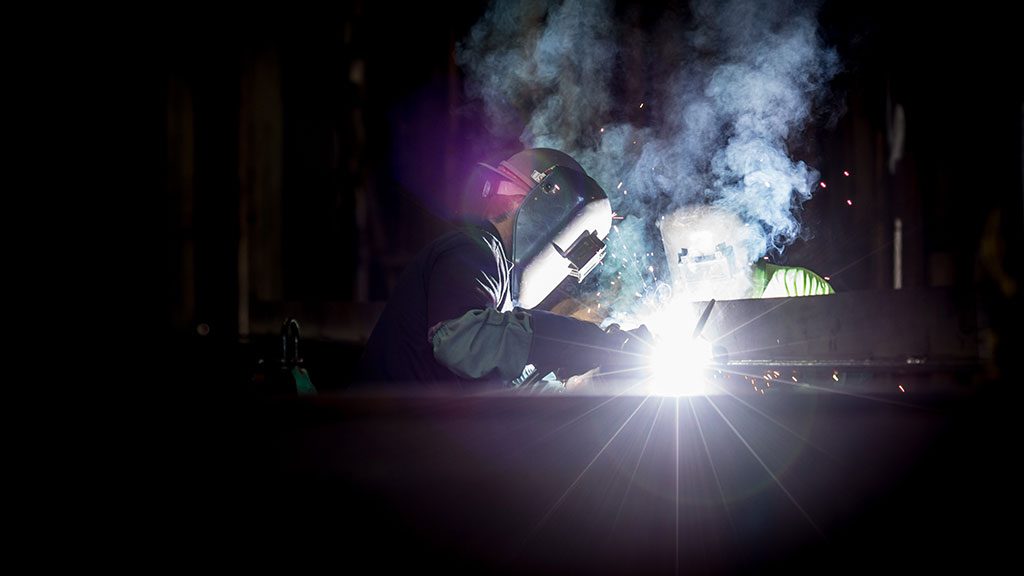Supreme Group – which includes Supreme Steel, Supreme Construction Management, Canron Western Constructors and Midwest Constructors – has announced plans to consolidate and restructure in response to tariff uncertainty and a lingering economic downturn.
The restructuring includes a realignment of the management team, the closure of two fabrication plants, and a reduction in the workforce across all locations. Supreme Group’s Winnipeg fabrication facility will close next month and the Delta, B.C. plant will close in September 2020. Officials with Supreme Group stated that its workforce fluctuates, but roughly 50 positions will be lost in Manitoba and 70 will be lost in B.C.
Supreme Group President Kevin Guile noted that the resizing did not mean the steel fabricator was leaving the provinces.
“We are committed to the Manitoba and B.C. market,” he said. “We are not retracting out of those markets. We are adjusting to market conditions to remain competitive. We are not going anywhere.”
The decision came after a recent steel duties exemption announcement from Ottawa. The Canadian International Trade Tribunal (CITT) implemented duties in 2017 under the Special Import Measures Act on fabricated structural steel and modules when it was determined dumped fabricated industrial steel components from China, South Korea and Spain had caused harm. However, some exemptions for the duties were announced last month for Woodfibre LNG and LNG Canada – the largest energy investment in Canadian history.
“We had invested in making sure we had a fair and level playing field. We complied with the investigation that the trade tribunal had,” said Guile, noting the decision has created a lack of clarity. “That is all we ask for, a fair and competitive trade environment and that is changing. It creates uncertainty and businesses don’t like uncertainty.”
Guile added that the prolonged economic downturn related to the energy and potash sector has also contributed to the downsizing.
“For a variety of reasons there’s been less major capital investment, and that not only impacts people that work in those areas, but it ripples out,” said Guile. “There is less development. We diversify to other markets, but that lack of major investment is having an impact us and the industry as whole.”
According to Supreme, its operations will continue under the direction of its management team in the Edmonton area office with no impact to customers. Future fabrication work will continue from its facilities in Portland, Saskatoon and two plants in Edmonton, Alberta. Additionally, the Delta sales office will relocate within the Vancouver region next year.
“More certainty and major capital investment are key, for the whole economy, quite frankly,” said Guile. “There are some challenges in Alberta which has a major glut of product that can’t effectively get to market. There are some fundamental pieces that Canada, as a country, has to look at.”
The government has defended its exemption, stating the exempt modules are key components used in the construction of LNG facilities, and relief is being provided because modules of the size and complexity required for these projects are not available in Canada.
“Remission of anti-dumping and countervailing duties is generally provided only in situations where there are exceptional circumstances, such as domestic short supply,” stated officials in a press release.
In an interview with the Journal of Commerce last month, Canadian Institute of Steel Construction (CISC) CEO Ed Whalen said the decision is a “hundreds-of-thousands-of-jobs-lost kind of mistake.”
“The LNG Canada project is $40 billion, and Woodfibre LNG is around $2 billion. The reason 90 to 95 per cent of that value will go to China is the process of modularization. The guts of what goes into the projects will be manufactured and produced in China,” Whalen said.
With files from Warren Frey










Recent Comments